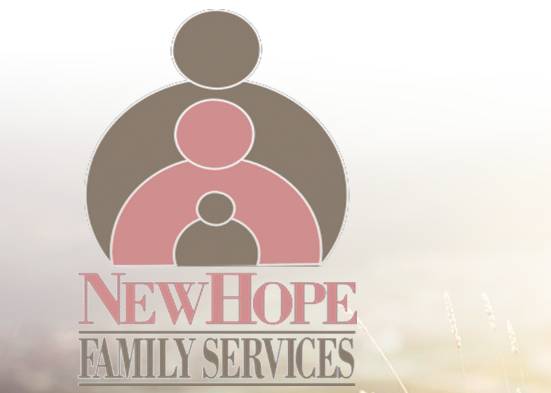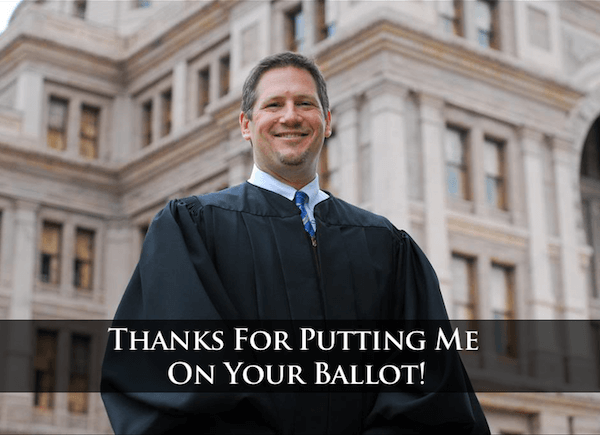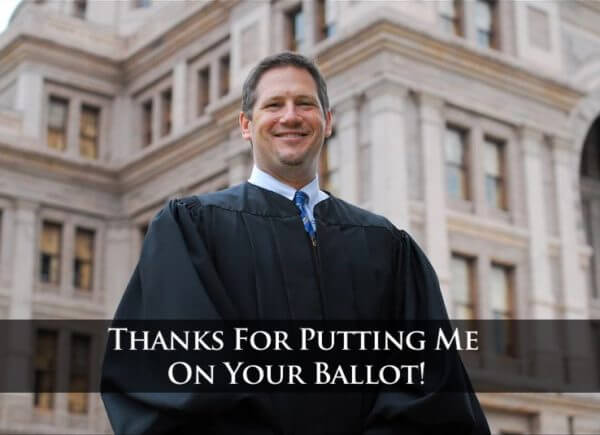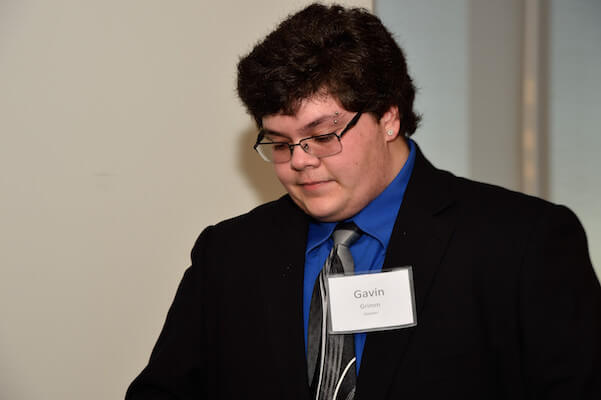The US Second Circuit Court of Appeals, based in New York, has revived a Syracuse religious adoption agency’s constitutional challenge to a regulation from the New York Office of Children and Family Services (OCFS) that prohibits discrimination based on marital status or sexual orientation by adoption agencies.
New Hope Family Services insists, based on its religious principles, that it cannot provide services to unmarried people or same-sex couples. OCFS threatened to terminate New Hope’s status as an approved agency if it does not comply.
Syracuse religious organization gets second chance to prove New York hostile to its free exercise rights
New Hope has been an approved provider for more than 50 years and estimates that it has placed more than 1,000 children. Although it is not affiliated with any church or formal religious movement, it identifies as a Christian agency, requires its employees to subscribe to articles of faith, and — consistent with its belief that children do best in a “Biblical” family constructed of a husband, wife, and child — will not consider potential adoptive parents who do not conform with that model.
New Hope maintains that if single people or same-sex couples seek its services, it would refer them to another agency willing to provide the services. As a result, it argues, nobody is ultimately denied the ability to adopt a child based on their marital status or sexual orientation. It also asserts that it has not received inquiries from same-sex couples.
Under New York law, only agencies “authorized” by the state may provide adoption services, which include evaluating potential adoptive parents, matching them with children needing placements, supervising placements, and preparing reports for courts that decide whether to approve an adoption.
Although adoption was traditionally limited to married couples, over the years the Legislature amended the law to widen the scope of individuals permitted to adopt. In 2010, the adoption law was amended to state that an “adult unmarried person, an adult married couple together, or any two unmarried adult intimate partners together may adopt another person.” That amendment took account of court decisions that had allowed the same-sex partners of parents to adopt their children, some going the next step by allowing same-sex couples to jointly adopt.
At that time, same-sex couples were still not able to legally marry in New York, but the courts had begun recognizing same-sex marriages performed elsewhere, including Canada and states such as Massachusetts and Connecticut. When Governor David Paterson signed the bill into law, he stated that the law would not require any agency to change its current practices, since it was “permissive,” not mandatory.
The adoption law authorizes OCFS to adopt regulations to implement it. Among the new regulations created in 2011, OCFS established one providing that an applicant to adopt children could not be rejected “solely on the basis of homosexuality.” Two years later, the agency issued a new regulation requiring authorized adoption agencies to “prohibit discrimination and harassment against applicants for adoption services on the basis of race, creed, color, national origin, age, sex, sexual orientation, gender identity or expression, marital status, religion, or disability, and to take reasonable steps to prevent such discrimination or harassment by staff and volunteers, promptly investigate incidents of discrimination and harassment, and take reasonable and appropriate corrective or disciplinary action when such incidents occur.”
In 2018, OCFS audited the policies and practices of each of the state’s approved adoption agencies. Taking note of New Hope’s policy of declining services to single people and same-sex couples, OCFS advised New Hope that it needed to change its policy to comply with the non-discrimination policy. New Hope dug in its heels, and eventually OCFS warned that New Hope would have to close if it would not comply. There were no complaints lodged against New Hope or any evidence any applicant had been turned away.
New Hope filed suit in New York’s Northern District federal court, claiming a violation of its constitutional rights, but the suit was dismissed. Judge Mae D’Agostino found that under a 1990 US Supreme Court decision, Employment Division v. Smith, New Hope was not entitled to claim an exemption based on its religious beliefs. Justice Antonin Scalia’s majority opinion in that case said that there is no free exercise of religion exemption from complying with state laws of “general application” that are “neutral” regarding religion.
New Hope appealed to the Second Circuit Court of Appeals, which reversed the district court on July 21. The three-judge panel found, in an opinion by Circuit Judge Reena Raggi, that the complaint filed for New Hope by Alliance Defending Freedom, an anti-LGBTQ litigation group, contained sufficient factual allegations to raise a question as to whether New Hope was targeted due to OCFS’ hostility to its religious beliefs — based, at least in part, on correspondence between OCFS and New Hope suggesting that.
The court’s opinion notes that the adoption statute itself does not ban discrimination based on sexual orientation, but rather broadens the previous categories of individuals who are legally authorized to adopt children, leaving some question whether OCFS could adopt a non-discrimination requirement through a regulation. The court also noted Paterson’s statement when the law was amended in 2010 that it was not intended to require any agencies to change their policies, because the statute was merely “permissive.”
The appeals court, therefore, concluded that it was “premature” for the district court to dismiss the case outright and directed the trial court to reinstate the lawsuit to analyze whether New Hope is entitled to a preliminary injunction allowing it to remain open while the case is being litigated.
The court was careful to make clear that it was not deciding the merits of the case, but also noted that the Supreme Court has held that the rule of Employment Division v. Smith does not necessarily apply to situations where a law that looks neutral and generally applicable on its face is shown to have been motivated by government animus toward particular religious practices.
The appeals court also took note of the Supreme Court’s 2018 decision in Masterpiece Cakeshop, where it reversed a state court ruling that Masterpiece violated public accommodations law by refusing to make a custom wedding cake for a same-sex couple. The high court concluded that Colorado’s civil rights agency had displayed hostility to the baker’s religious views in its administrative hearing process.
Government discrimination against religious organizations was also targeted by the Supreme Court in the term just ended when it held that the State of Montana’s scholarship program for students attending private schools could not exclude religious schools from participating, since this would be “discrimination” against religion.
The Second Circuit also rejected the trial court’s analysis of New Hope’s argument that requiring it to evaluate and endorse same-sex couples as adoptive parents was a form of compelled speech. District Judge D’Agostino found that this would be “government speech,” because New York State was delegating to New Hope a governmental function. Circuit Judge Raggi questioned this conclusion, pointing out that New Hope was not a government contractor and was not paid by the government to undertake its adoption work. Rather, it is an independent agency supported by fees for its services and charitable contributions. New Hope has always avoided taking government money because it wanted to preserve its freedom to operate consistent with its religious beliefs.
Raggi also took note of the US Supreme Court’s decision to review the Third Circuit Court of Appeals’ decision in Fulton v. City of Philadelphia, a similar case in many ways. The Third Circuit held that Philadelphia did not violate Catholic Social Services’ constitutional rights when it dropped that agency from participating in the city’s foster care system because it refused to deal with same-sex couples. At least four Supreme Court justices, in various dissenting or concurring opinions, have stated the court should “revisit” the Employment Division v. Smith holding, Raggi pointed out. If the Supreme Court reverses the Fulton v. City of Philadelphia decision or modifies Employment Division v. Smith, the rules governing the New Hope case will be changed, especially since the Catholic agency in the Philadelphia case was a city contractor, unlike New Hope.
In light of the pace at which the district court’s reevaluation of the New Hope case will take place, it is likely that the Supreme Court will have ruled in Fulton v. City of Philadelphia before D’Agostino has to render a final decision on the merits regarding New Hope.
To sign up for the Gay City News email newsletter, visit gaycitynews.com/newsletter.



































